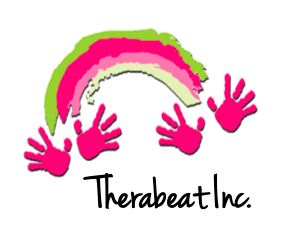Hello! I’m Charlotte Reeder and I am so excited to be interning here at Therabeat, Inc. I have loved music my whole life and knew I wanted to pursue music as a career but I was not sure what I wanted to do with music long term. When I was diagnosed with type 1 diabetes at age 11, I knew quickly that I wanted to work in the helping profession. I started researching career ideas in music and came across music therapy and have had my heart set on it ever since! I studied music at Covenant College where I focused primarily on percussion and piano. After graduating in 2016 I started teaching piano lessons while trying to decide what my next step was going to be. Two years later I started graduate school for clinical mental health counseling at Richmont Graduate University in Chattanooga, TN, where I was hoping I could somehow morph the music degree with the counseling degree to start doing music therapy work. In my last year at Richmont, I started the new music therapy equivalency program at the University of Tennessee at Chattanooga and realized quickly that music therapy was the perfect fit for my skills and interests.
I have completed all of my class work and now only have my internship left to complete. Though I have only been here at Therabeat for a week and a half, I have already seen the rich blessings that music therapy can provide for clients from the work of many skilled therapists in the field. I am so excited to learn from each of the music therapists and to grow in my knowledge, experience, empathy, and musicianship. I really feel blessed to be in this internship placement and am so incredibly thankful for the time I have here to gain experience as a music therapist.
Some of my favorite things include spending time with my husband, hanging out with my friends, cooking, hiking, playing board games or card games, doing puzzles, making crafts, watching movies, going to concerts, making music, and traveling.
-Charlotte Reeder, Music Therapy Intern




